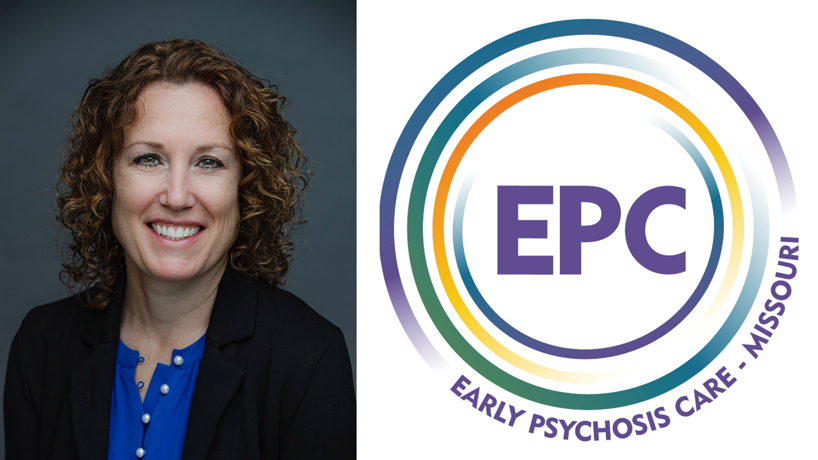:quality(70)/cloudfront-us-east-1.images.arcpublishing.com/uscannenberg/FTBIRDMNZJBIDIHNRTUVM7KMOU.jpg)
Students question the accessibility of counseling and mental health services at USC – Annenberg Media
With September 10 kicking off National Suicide Prevention Week, students are calling for more awareness about the counseling and mental health resources available for USC students.
The Centers for Disease Control and Prevention (CDC) reported in 2020 that suicide was the third leading cause of death for individuals between 15 to 24 years old in the United States. The CDC found that there were approximately 49,449 total suicide deaths in 2022, marking a 2.6% increase since 2021.
Students currently enrolled at USC have access to mental health services through USC Student Health, provided by faculty in the department of psychiatry and behavioral sciences at the Keck School of Medicine. However, some USC students find them confusing and hard to utilize.
Taylor Ryan, a junior at USC studying NGOs and social change and a vocal advocate for suicide prevention, found the counseling services at USC Student Health “decently effective.” After losing her mother to suicide in 2017 when she was a freshman in high school, Ryan turned to USC Student Health to be referred to a therapist.
“They were kind of hard to navigate because I was under the impression that I would be directed to a therapist permanently at school, but it routes you out to another service, which is better for me in the long run. When you get connected, you don’t stay connected within USC, they kind of like outsource you,” Ryan said.
Ryan, who fundraises for the American Foundation for Suicide Prevention in honor of her mother, emphasized the benefit of providing remote options for these counseling services.
“I think the way that USC and other places go about it remotely now provides a bigger opportunity for people to get the resources they need if they know how to access those and even find them,” she said.
Some USC students, however, are unaware of how to access or find USC’s mental health resources.
Tiffany Lo, a senior studying communication at USC, named her external health insurance as a reason for her limited knowledge.
“I don’t use the USC Student Health plan, I use my family plan, so I waived the USC one. So I’m not really sure how that would come to play, like what I am allowed to use and what I’m not allowed to use when it comes to counseling and if it’s free or not,” Lo said.
Lo isn’t the only one unsure of the logistics behind USC Student Health services. Juny Romero, a freshman studying pharmacology and drug development, suggested that these services be more widely promoted.
“I don’t think it’s necessarily a good thing if you have to go out of your way to find help. I’m not saying it should be everywhere, like on all the walls,” Romero said. “But if there’s more just, I don’t know, advertisement, it would be a lot more helpful than having to sit through a website and then find the number to call.”
Dr. Kelly Greco, the embedded counselor for USC Annenberg, shed some light on the services that USC Student Health offers and how students can access them.
“The majority of students pay for the Student Health Center fee, and so everyone is able to access the services at Student Health.” Greco said.”So it’s a great starting point to see what you need and what would be the best fit of service. No one is turned away.”
The Student Health Fee is automatically included each semester on the student account invoice and cannot be waived. Students enrolled only in online classes are excluded from the fee but can opt in if they are a current California resident.
“Workshops, Let’s Talk, crisis services, if you have an urgent matter, need a walk-in, if you need to schedule an intake — all of that is part of the Student Health Center fee. So you have access to those services,” Greco said.
Students can sign up for Let’s Talk — a service in which students can have a 30-minute conversation with a clinician from Counseling and Mental Health — in person or virtually through usc.edu/myshr. More information can be found at USC Counseling & Mental Health Services.
“If you have a crisis urgent matter, you can always call the (213) 740-WELL number. But we also have a text crisis line where you text TROJAN to 741741,” Greco added. “Again, the more resources you have, the better to be very accessible to a large community like USC. So that’s something that I would really encourage students to access or tell a friend about as well.”
If you are experiencing thoughts of suicide, text or call the National Suicide Prevention Lifeline at 988.





.jpg)